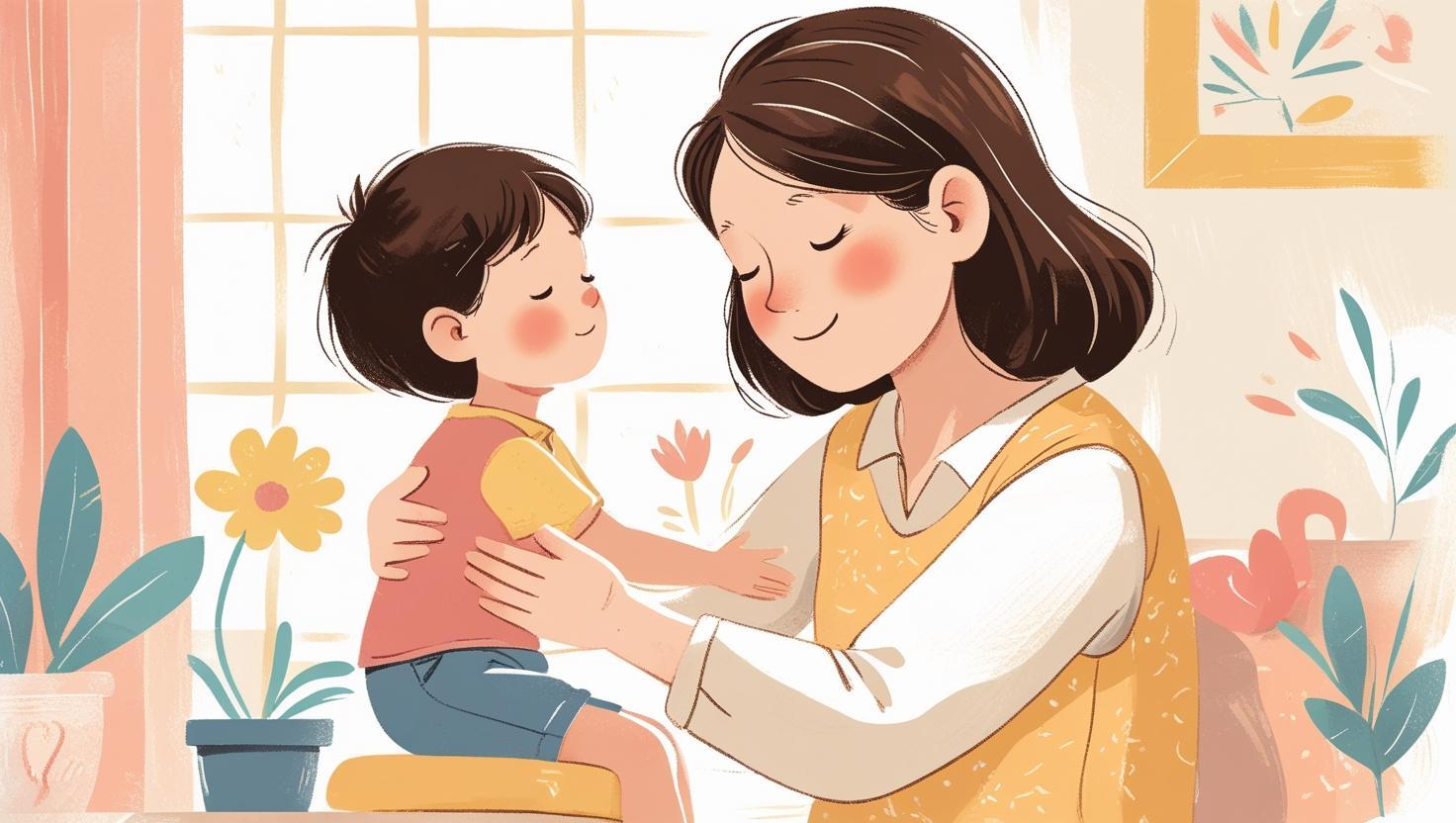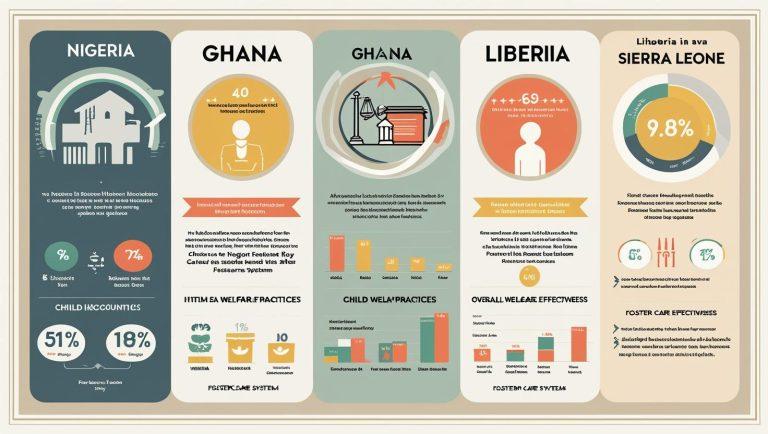Across Africa, millions of children grow up without the care of their biological parents. While some live with extended family, many find themselves in orphanages, sometimes by choice, other times by circumstance. Understanding how children enter the orphanage system is important for creating effective policies, supporting vulnerable children, and promoting family-based alternatives.
- Parental Deaths and Health Crises
The loss of parents is one of the most common reasons children end up in orphanages. Diseases like HIV/AIDS, malaria, tuberculosis, and now COVID-19 have left countless children without parental care.
• In Sub-Saharan Africa, millions of children are orphaned due to AIDS-related deaths alone.
• Countries heavily affected include Mozambique, South Africa, Zambia, and the Democratic Republic of Congo.
• Often, orphanages are seen as a solution to ensure children have shelter, food, and access to education.
While orphanages provide immediate safety, experts emphasize that family-based care or kinship care is usually better for emotional and social development.
- Economic Hardship and Poverty
Poverty drives many families to make the difficult decision of placing children in orphanages.
• Families unable to afford food, school fees, or healthcare may see orphanages as a pathway to stability for their children.
• In some cases, extended relatives place children in institutions temporarily, hoping to reclaim them once their circumstances improve.
• While well-intentioned, long-term institutionalization can hinder the child’s emotional development and social integration.
This highlights the need for community-based support programs that help families stay together whenever possible.
- Cultural Practices and Kinship Care
In many African societies, kinship care is a traditional practice, where children are cared for by grandparents, aunts, uncles, or community members.
• Sometimes, logistical challenges or financial pressures mean children transition from informal kinship arrangements to orphanages.
• Cultural norms strongly influence whether a child remains in the family network or moves to institutional care.
Experts argue that strengthening and supporting kinship care—rather than defaulting to orphanages—improves outcomes for children and preserves cultural bonds.
- Abandonment, Neglect, and Abuse
Unfortunately, some children enter orphanages because of abandonment or abuse:
• Children rescued from exploitative labor, domestic violence, or unsafe homes often require immediate protection.
• Orphanages provide a temporary safe space while social services determine long-term solutions.
• However, these children require specialized emotional and psychological support to heal from trauma.
- Displacement from Conflict and Natural Disasters
Armed conflicts, political instability, and natural disasters displace families across Africa:
• Children separated from parents during conflicts in countries like Sudan, South Sudan, and the Democratic Republic of Congo often end up in orphanages.
• Natural disasters such as floods or droughts can similarly disrupt family units, leaving children without caregivers.
In such cases, orphanages serve as emergency care centers, but ideally children should be reunited with family or placed in foster care as quickly as possible.
Challenges Within the Orphanage System
While orphanages provide essential services, several challenges persist:
• Overcrowding and Underfunding: Many orphanages operate with limited resources, affecting the quality of care.
• Lack of Trained Staff: Social workers and caregivers are often undertrained, impacting emotional and developmental support.
• Risk of Exploitation: Some orphanages have been implicated in unethical practices, such as “orphanage tourism” or informal adoption scams.
• Psychosocial Impact: Long-term institutional care can lead to attachment disorders, low self-esteem, and social difficulties.
Shifting Towards Family-Based Care
Recognizing the limitations of institutional care, experts and policymakers increasingly advocate for family-based alternatives:
• Kinship and Foster Care Programs: Strengthening relatives’ ability to care for children safely.
• Community-Based Support: Providing financial aid, education, and counseling to families in crisis to prevent unnecessary institutionalization.
• Policy Reforms: Regulating orphanages, promoting foster care, and ensuring children’s rights are protected.
These approaches prioritize the child’s emotional, social, and cultural well-being while reducing reliance on orphanages.
Children enter orphanages in Africa through a combination of parental loss, poverty, cultural practices, abandonment, and displacement.
While orphanages provide essential care, they are not always the optimal solution for children’s development.
To create lasting change, African governments, NGOs, and communities must invest in family-based care systems, support kinship care, and regulate orphanages.





